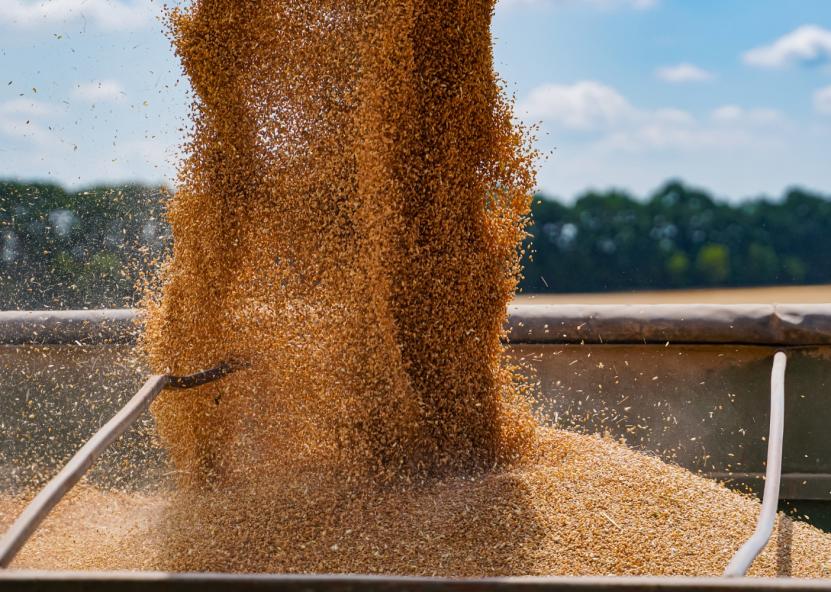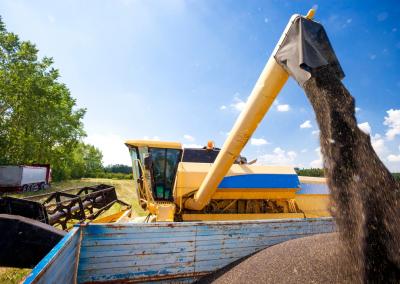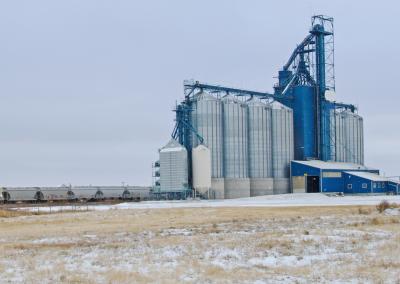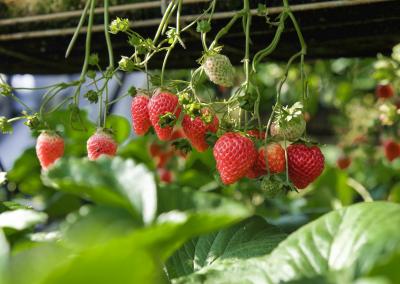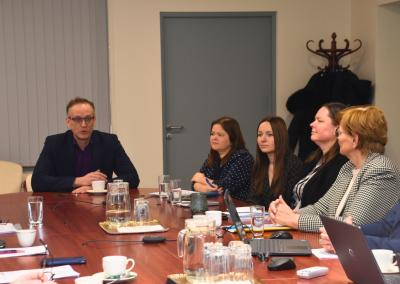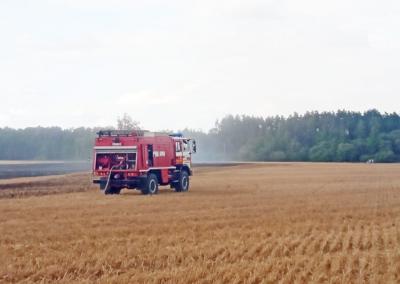Šakiai farmers angered by AB Linas Agro blaming farmers for grain quality
Farmers in Šakiai district have been angered by the claims of representatives of AB „Linas agro“ about the declining quality of Lithuanian cereals. In a statement, AB „Linas agro“ claimed that Lithuania has been suffering from deteriorating grain quality for 3 years in a row, which is allegedly due to farmers' choices to invest less in certified seed. Another reason is that farmers are investing in low-quality seed varieties and buying less fertiliser.
„Farmers in the Šakiai district are watching with concern the public debate on the deteriorating quality of wheat, which was recently sparked by statements made by representatives of the agricultural sector in an article on the situation of the wheat market“, – The Šakiai District Farmers' Union (ŠRŪS) said in a statement, regretting that „the authors of the article ignore many aspects of the reality experienced by farmers, drawing simplistic conclusions and unilaterally shifting the blame for the poorer quality of the grain to the farmers“.
Farmers explain that they are investing in their crops in the context of their financial capacity, which has been severely affected in recent years.
„Nitrogen fertiliser prices, which reached a record high of €1,000/tonne in 2022–2023, have severely constrained farmers' ability to meet normal fertiliser application rates. As wheat procurement prices remained stable at the time, ranging between €200 and €300/t, farmers faced economic pressure and had to make decisions that would ensure at least a minimum profitability," the letter said.
In addition, companies such as „Linas Agro“, which deal directly with the grain market, must also take responsibility for farmers' choices, according to the farmers.
„High prices for fertilisers, seeds and the small price differences between different grades of grain are discouraging farmers from investing in the production of higher-quality grain," the letter continues. For example, if the difference between first and second grade wheat is minimal and the farmer needs to invest more to achieve a higher grade, the farmer is forced to choose a rational but not a quality-enhancing solution.
„For your part, you (AB „Linas agro“) are probably aware of the possibilities or possibly established decisions of the agricultural sector to offer a range of seeds on the Lithuanian market limited by varieties of seed, many of which are genetically likely to be only second class seed, and whose quality parameters may in many cases not be satisfactory, e.g. the weight of the bundle of seed often distributed may give the impression that the seed has been grown for quantity rather than for quality," argue the Šakiai farmers.Farmers also identify soil conditions as having a significant impact on wheat quality. Unusually dry or rainy seasons, caused by climate change, make it difficult to ensure a stable and high quality harvest. In such situations, it is unfair to ask farmers alone to take responsibility for quality.
„The vicious circle to which the author refers does indeed exist, but to break it we need systemic change, not shifting the blame to farmers," stresses the Šakiai District Farmers Union. Farmers have repeatedly shown that they are willing to invest in quality if the right conditions are in place, from more affordable fertiliser prices to a clear market demand for high quality produce.
Farmers further urge „agricultural market participants, including representatives of „Linas Agro“, to choose carefully the arguments you are going to put in the public domain when it comes to farmers' motives and decisions“.
„We strongly encourage the initiators of the above mentioned published public opinion to cooperate directly in order to find comprehensive solutions that not only increase the quality of wheat and strengthen the whole Lithuanian agricultural sector, but also to devote time and effort to the development and publication of the statements mentioned in the press release. Ultimately, it is only by working together that we can achieve a long-term and sustainable outcome that benefits both farmers and market players," the letter concludes.
Justas Eimontas, Head of Cereal Procurement at AB „Linas Agro", reacted with a comment after the publication of this article:
„We appreciate farmers' efforts to address the complex situation, which is influenced by economic conditions, market structure and the impact of climate change.
We all have an interest in achieving quality not only in wheat but also in other cereals. Cooperation between all market players, integrated solutions and the right conditions for farmers to invest in higher quality production are necessary measures.
Only by working together can we achieve long-term sustainable results that benefit every farmer and the agricultural sector as a whole“.



































































































